3 Errors in your weight loss goals and how to break through them.
Written by Ben Cagle (AKtive Body Trainer)
1. Watching the Scale
The scale only gives one number (your weight), by focusing only on that number and could be ignoring more than you think. If you are fixated on the scale, remember that weight doesn’t measure any other progress. Often times we think we want to weigh a certain amount but in reality we just want to feel good and be confident.
Solution: Take measurements
Measurement will give you objective numbers that tell much more. If your measurements are decreasing that is progress in your fat loss goals. Even if you weigh the same weight but your measurements have decreased, that means you have lost body fat. Think of this, if you lose 2 pounds of fat but put on 2 pounds of muscle you will be the same weight but your measurements and body composition will have improved. That’s progress!
Where to Measure
Waist: Measure at your belly button
Hip: Widest part of your hips
2. You’re Moving Less
Workouts generally comprise of less than 5% of our weekly time (1 hour per day). That means what we do at rest is more important to our daily energy burn than our workouts.
Solution: Find opportunities to move more
Add a walk at lunch
Park far away in parking lots
Do all your calls while walking
Stretch or do yoga while watching TV
Walk after each meal
3. Sleep
Believe it or not, sleep can be the biggest factor in your weight loss goals. When you lack the sleep your hormones suffer, and when your hormones are not balanced you will decrease the likelihood of reaching your weight loss goals.
When you lack the sleep (you need <7 hours), your body naturally produces significantly less Human Growth Hormone (HGH). HGH helps your body maintain and build muscle tissue. Muscle tissue is incredibly expensive, meaning it takes a lot of energy to maintain. In essence the more muscle tissue you have the more energy you burn, even at rest.
Solution: Sleep more
By sleeping more (7-9 hours) you are giving your body its ability to produce enough HGH that is required to build and maintain muscle mass at rest. By building and maintaining this muscle mass you are increasing your bodies energy needs (calories burned) at rest. Sleeping 7-9 hours/day has also been shown to increase leptin levels which is the hormone that regulates your bodies satiety levels. Just by sleeping more you will be less inclined to eat when your not hungry and feel full throughout the day.
But here is the catch. You have to commit to performing these actions consistently for not just a few days or weeks, but months. It’s the cumulative effect of doing this for the long-term that yields the greatest results!

